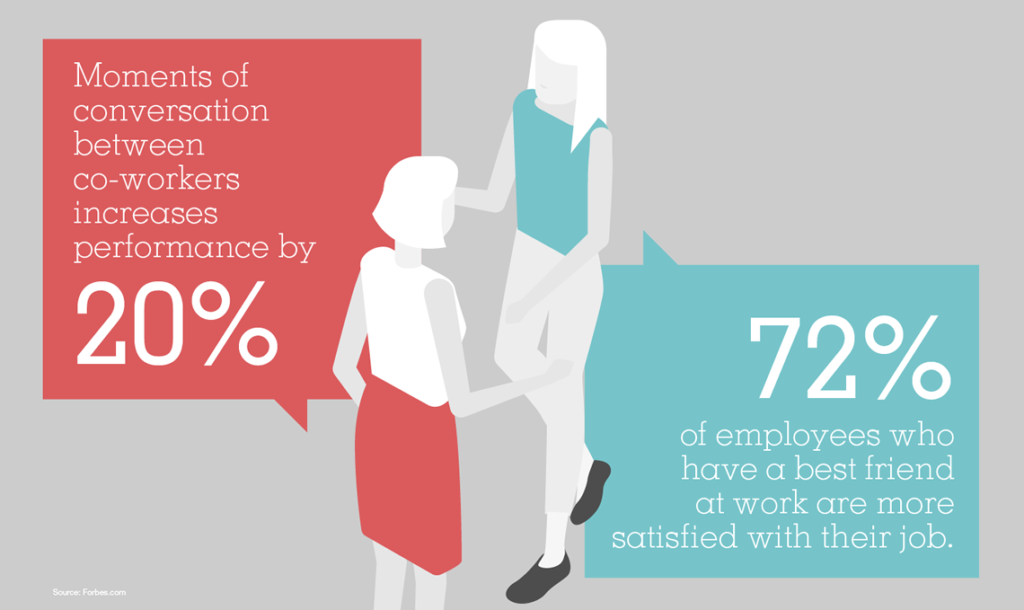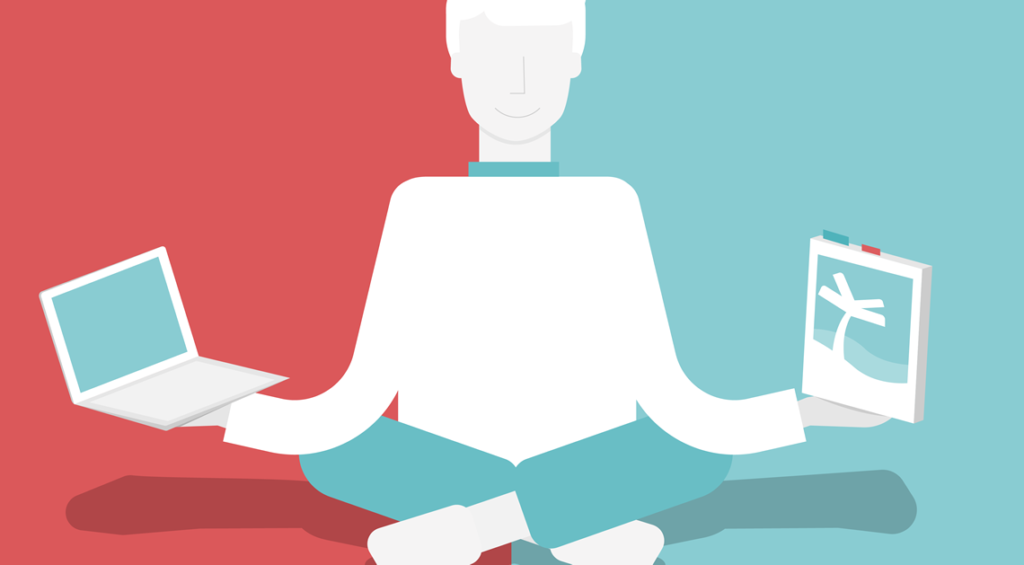Creating a Work-Life Balance worth Working For
As the owner of a small business or working from a home office, your mental health could potentially be the reason you decided to go out on your own. Leaving behind the stresses of big companies, bigger offices, and the biggest factor of all, the workload. As such, you most likely believe that psychosocial problems do not actually affect you or influence your work life. The following information highlights the error in this assumption, and provides some simple ways in which you can look to reduce the risk of stress-related incidents in the workplace.
Various studies have shown that job stress is the major source of stress amongst adults, and has been progressively increasing over the past few decades. Stress can be caused by high workload, tight deadlines, having to do a variety of jobs of which you may not be trained for and a general lack of control over the workday. A lack of control could be considered an underlying factor for stress. Some people thrive in a position where they are performing multiple duties with time-sensitive deadlines and a never-ending list of actions – what differs these individuals is their perception of control. They perceive that they have control over the situation; as a result, they are less stressed by the circumstances. This is an interesting way to look at stress-related problems. Asking yourself “How much control do I have?” and then making the necessary changes to ensure that you are in control of the more important tasks can help with stress-levels. The key here is to accept that not everything is within your control.
The general discussion on job stress can also be linked to employee burnout. Whilst there is a tendency for this to more significantly impact employees within a large organization (potentially as a result of the hierarchical structure) it should still be considered within a small office or a home office setting. Working towards an important deadline, taking on multiple tasks due to a small team, never quite ‘shutting off’ and letting the company mission take over your life can all lead to burnout. Encouraging yourself and your employees to put down the phone, to walk away from the laptop, to ‘switch off’ can all help to prevent burnout.

Time pressure and generally lacking free time results in an increased level of stress, this is not a new or original concept. What is not so well known is that time pressure and lack of free time can also significantly impact the way in which we interact with others. It can be argued that when we are busy, we are less inclined to pay attention to the world around us. Should you be in the position where you work independently from home, whereby you do not necessarily interact with people on a daily basis (in difference to a larger office) this can be quite a scary reality. The solution is to make a few small changes to how you work in your home office setting. During your workday it is important to take a break and schedule activities which involve interaction, such as:
- Meeting a friend for lunch
- Booking a yoga class
- Taking your laptop and joining like-minded individuals in a coworking space (when work does not necessarily allow an extended break!)

Whilst working in a small office or home office most certainly has its own perks, it is important to consider your mental wellbeing. It is easy to be caught up in the day-to-day craziness of working to achieve your company goals, however it is just as easy to make sure your mental health remains your top priority. Incorporating simple changes into the way you live and view your workday will ensure that you encourage a healthier work-life balance. Your employees will be grateful for this and the advantage for you is a stress-free mind.








